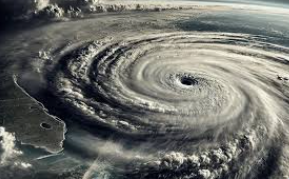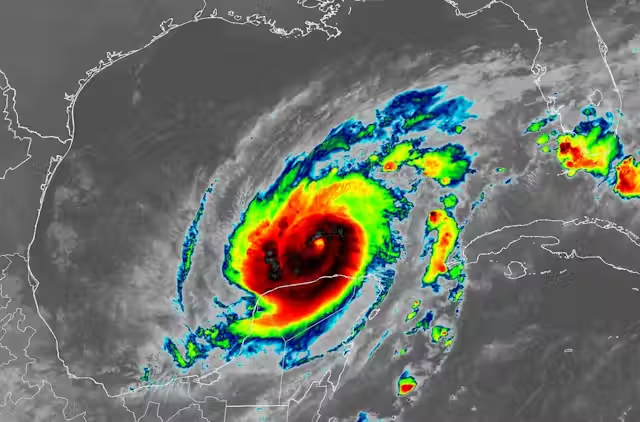Hurricane Helene has caused widespread destruction in the southeastern United States, affecting an area stretching over 500 miles from Florida to the Southern Appalachians. The storm’s intense winds and flooding resulted in significant damage with 130 reported deaths. There are many concerns that the number may rise as many individuals remain unaccounted for. The hurricane destroyed roads, buildings, homes, and vehicles, leaving communities isolated and needing assistance. Additionally, communication among these towns and communities was severely impacted, and millions of people lost access to power and water across six states.
According to reports from the National Weather Service, Helene made landfall near Perry, Florida, as a Category 4 hurricane, bringing a record-breaking storm surge of up to 15 feet. The Tampa Bay area has experienced severe flooding, with waters rising to at least 6 feet, submerging vehicles and residences. In Pinellas County, rescuers from the South Pasadena Fire Department and the county sheriff’s office searched for trapped residents by boat. The storm’s devastation in Cedar Key was widespread, with historic and new homes severely damaged by hurricane-force winds and flooding. The Steinhatchee community in Big Bend also experienced unprecedented flooding due to the storm.
Hurricane Helene, after making landfall and traveling north, became a Category 2 storm. This caused heavy rain and flooding in Georgia, leading to record rainfall and life-threatening flooding in Atlanta. Augusta received 12 to 15 inches of rain in two days, with strong winds causing widespread damage. The storm weakened into a tropical storm as it moved toward the Carolinas, where it brought vicious winds and dumped staggering amounts of rain, causing fatalities and extensive damage. Western North Carolina, particularly Asheville, was hit hard and many residents sought refuge on roofs and houses floating away. The storm also caused damage in parts of Virginia, leaving two dead and hundreds without power.
Hurricane Helene eventually dissipated, but the true scale of its devastation remains to be unseen. If you can help, one way is to donate items to SOVAH Hospital in Danville. The items needed are non-perishable foods, pop-top canned foods, gallon jugs of water, toiletries, first aid supplies, feminine products, hand soap, hand sanitizer, batteries, paper towels, rope, tarp, gloves, bar and chain oil, new socks and underwear, baby supplies, pet food, small camp size propane tank, small grill, cleaning supplies, shovels, and leather work gloves. Various clubs and organizations around the Tunstall High School are also accepting donations. Keep an ear and eye out for more ways to help those impacted by this traumatic and devastating event.
















